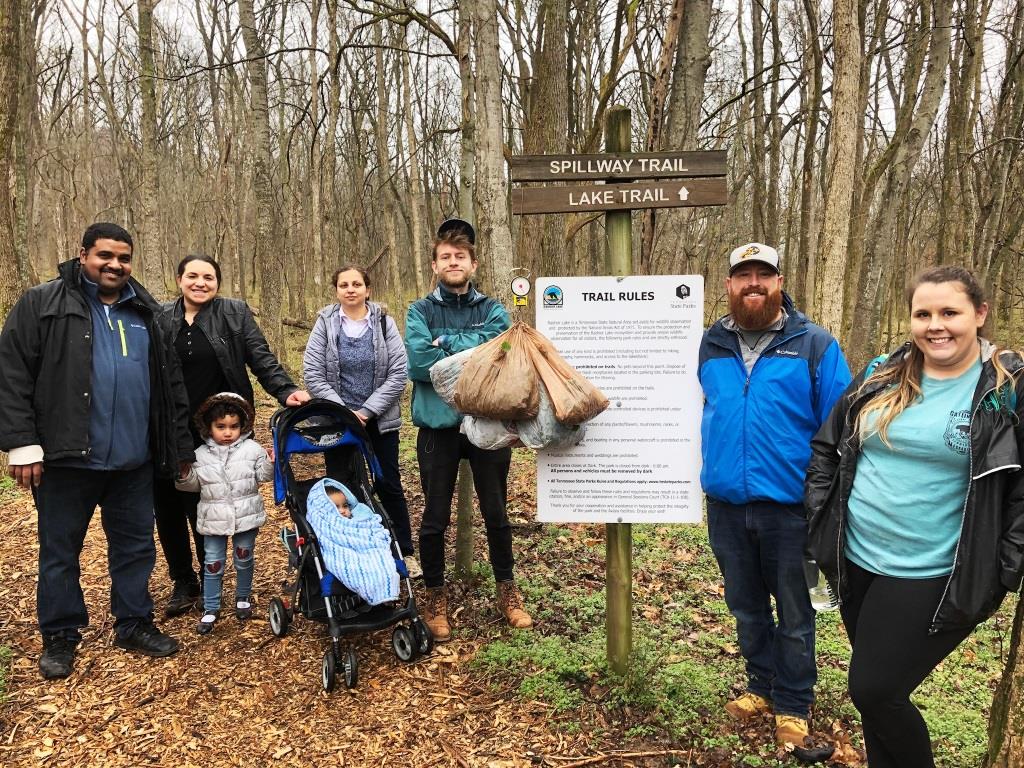Invasive Plant Week at Radnor Lake (Feb. 25th thru March 1st, 2019)

Monday, February 25th thru Friday, March 1st was our first ever Invasive Plant Week at Radnor Lake State Natural Area.
Over 60 volunteers came out over this period to work with the park ranger staff removing invasive-exotic plants such as bush honeysuckle, garlic mustard and privet. Removal areas included the Hall Drive, the Historic Valve House Trail and several areas along the Lake Trail.
This 5-day public focused volunteer opportunity was in concert with the nationwide Invasive Species Week which ran Feb. 26th thru March 2nd.
Each day, the park ranger staff conducted powerpoint presentations to volunteers on the types, methods and benefits of removing these invasive plants from our natural area.
In addition, thanks to funding from Friends of Radnor Lake we began contract removal of 17 acres in the Hall Farm which will allow us to expand our native grasslands initiative in the coming year. This 17 acres will be planted in our native grasslands seed mix to promote ground nesting birds and habitat for butterfly species such as Monarch Butterflies. Park visitors can view a portion of this 17 acre area from the hall drive (east side of roadway) when hiking up to the Barbara J. Mapp Aviary Center.
Park management would like to thank all of our volunteers, the park staff, Friends of Radnor Lake, Ensworth High School and Professor Kevin Fitch at Motlow College for partnering with us with our invasive plant removal efforts of garlic mustard this year! Professor Fitch helped us promote this to students the past year and also recorded “twenty-seven pounds of young Garlic Mustard were removed over two days. This is easily equivalent to 250 lbs. of adults plants and 100s of thousands of seeds! This added to last years removal accounts for over 605 lbs. of adult Garlic Mustard plants removed from the Natural Area, to-date”.
Special thanks to Friends of Radnor Lake for providing lunch to our volunteers during Invasive Plant Week at Radnor Lake!
In the coming month, we will continue to work on our invasive-exotic plant and native grasslands restoration efforts with volunteers.






